Description
This training pack contains three units to help frontline staff working in forensic mental health to develop their knowledge and practice.
Working within secure forensic settings can be highly demanding, and individuals starting work in this challenging and complex sector will be faced with a very steep learning curve. This training pack has been developed to support new staff members in gaining and developing their understanding of work in forensic mental health services. For those already working with mentally disordered offenders, the material will allow the learner to reflect on their practice and explore their existing knowledge in more depth.
The training pack comprises of three units which are designed to enable the learners to understand their role within secure forensic services, how to develop therapeutic relationships with service users, and how to assess and manage risk effectively. The three units can be run over consecutive days to form a comprehensive training course or delivered individually as standalone units. The training pack includes a CD-rom with all of the resources needed to run the training, including handouts, training materials and PowerPoint slides.
The materials will help learners to evidence aspects of the following Forensic Mental Health National Occupational Standards:
- SFHFMH1 – Assess, diagnose and formulate an individual’s mental health disorder
- SFHFMH3 – Observe an individual who presents a significant imminent risk to themselves or others
- SFHFMH8 – Assess and formulate an individual’s needs for forensic mental health treatment and care
- SFHFMH9 – Develop and review an integrated care programme for an individual in forensic mental health care
- SFHFMH11 – Support an individual in forensic mental health care to participate in treatment
- SFHFMH12 – Manage hostility and risk with non-co-operative individuals, families and carers
- SFHFMH13 – Help an individual to feel more psychologically secure
- SFHFMH15 – Increase the individual’s capacity to manage negative or distressing thoughts and emotional states
Audience
Anyone working in secure forensic settings, including: healthcare workers, support staff, project workers, prison officers, occupational therapists, probation officers, technical instructors, housing workers.
Details
ISBN: 9781908993366
Publisher: Pavilion Publishing and Media
Publication: 31 January 2013
Content:
Unit 1: Understand the context of supporting individuals within a secure forensic setting
Workshop 1: Understand the legislation and policies that support the human rights of those detained within secure forensic settings
Workshop 2: Understand the nature and characteristics of mentally disordered offenders
Workshop 3: Understand the nature and purpose of a secure forensic facility
Workshop 4: Understand the basic principles of person-centeredness, empowerment, advocacy and active participation in the care and treatment of mentally disordered offenders
Workshop 5: Understand how views and attitudes impact on the lives of individuals who are mentally disordered offenders and their families and carers
Unit 2: Provide active support for individuals detained in secure forensic settings
Workshop 1: Understand how active support translates values into person-centred interventions with individuals in your care
Workshop 2: Understand the circumstances and problems that can lead individuals to secure forensic services
Workshop 3: Be able to implement person-centred care and promote participation
Workshop 4: Understand the need to maintain person-centred records
Unit 3: Provide ongoing assessment of risk for individuals detained in secure forensic settings
Workshop 1: Understand the nature and practice of risk assessment and management in order to ensure the safety and well-being of all those living and working within secure forensic settings
Workshop 2: Understand the nature and practice of risk management when working with individuals detained in secure forensic settings
Workshop 3: Understand risk assessment and management and the need to encourage and support the participation of the individual detained under the Mental Health Act (2007)
Workshop 4: Understand the skills needed to share risk information with colleagues, family members, carers and individuals within the legal framework
Author
Martin Spooner is a practice development nurse for a private company that specialises in forensic mental health care. Martin is an experienced clinician and communicator, and has built his skills over years in practice. As well as being a registered nurse, Martin is a qualified counsellor, teacher and facilitator, and uses these skills to empower, enable and educate, whether that is in practice or in the classroom.

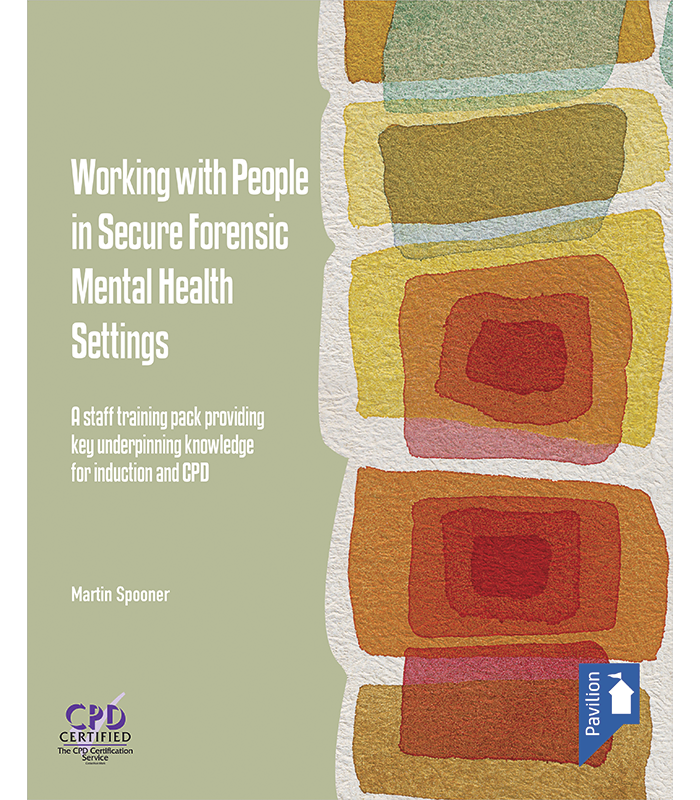
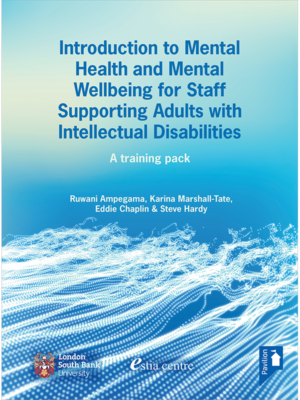
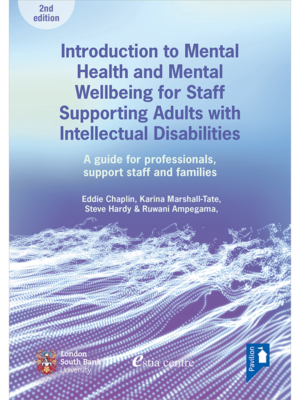
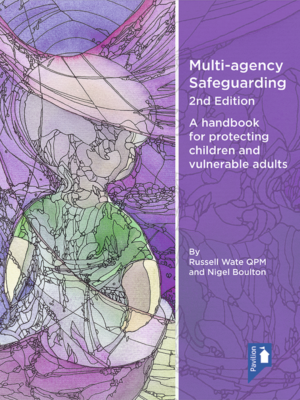
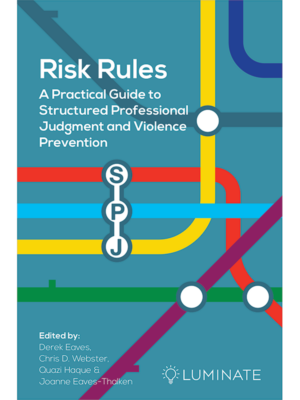
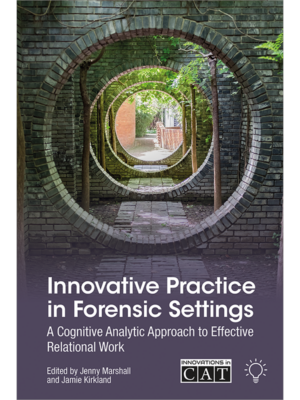
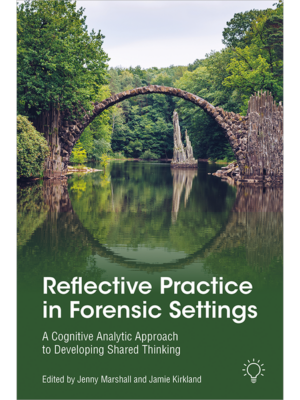
Reviews
There are no reviews yet.